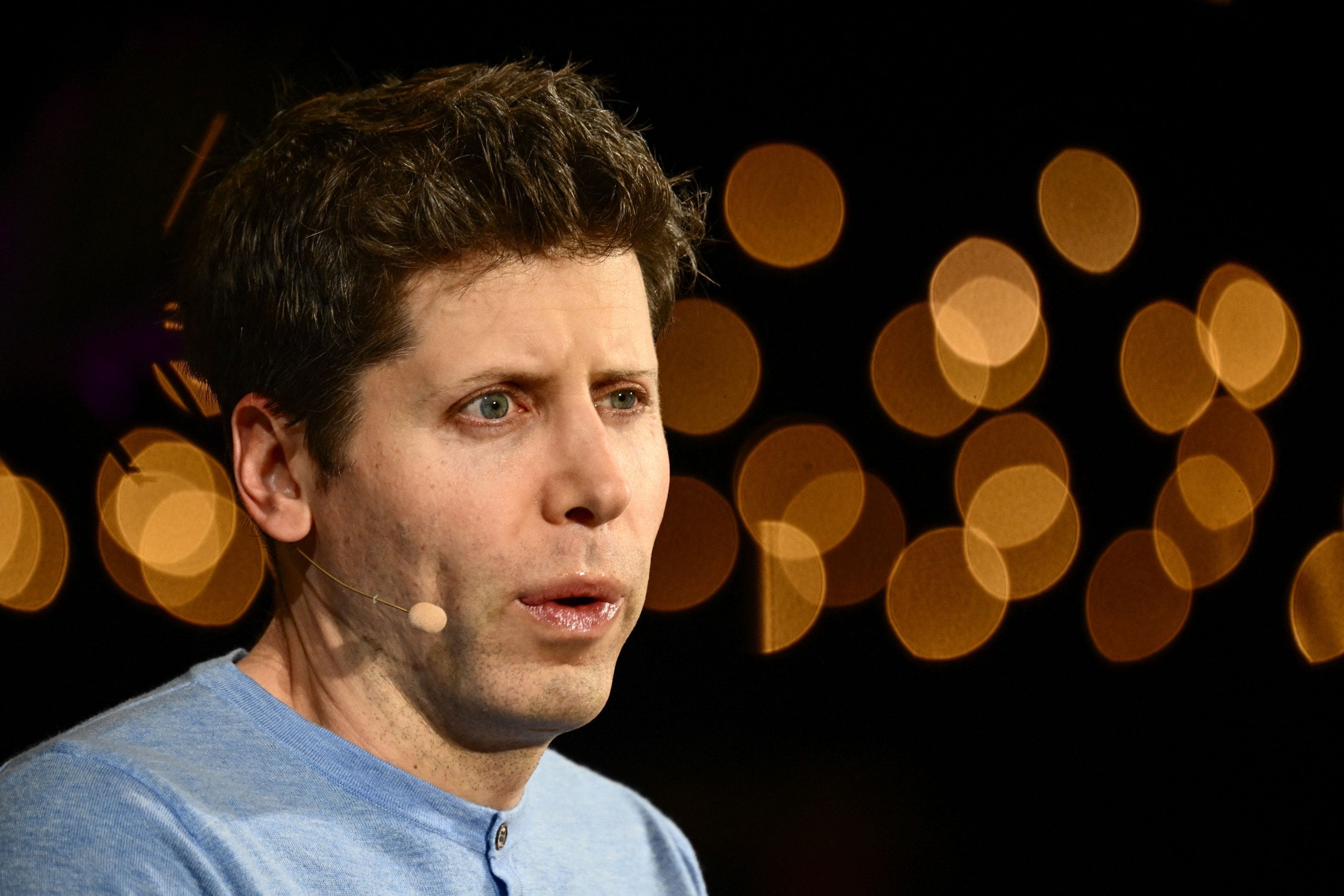
Top OpenAI Researcher Denied U.S. Green Card, Sparks AI Talent Debate
OpenAI GPT-4.5 Researcher's Green Card Denial Sparks Debate
In a significant development that has sent ripples through the tech community, Kai Chen, a prominent Canadian AI researcher at OpenAI, was denied a U.S. green card despite residing in the country for 12 years and playing a pivotal role in the development of GPT-4.5. This decision has raised concerns about the U.S.'s ability to retain top AI talent and its implications for the nation's leadership in artificial intelligence.
Key Details:
- Researcher: Kai Chen, a leading AI researcher at OpenAI.
- Role: Instrumental in the development of GPT-4.5 and other advanced AI projects.
- Residency: Lived in the U.S. for 12 years.
- Outcome: Green card application denied, jeopardizing his future in the U.S.
Reactions from the Tech Community:
Noam Brown, a key researcher at OpenAI, described the decision as "deeply concerning," warning that such actions could lead to a brain drain and undermine the U.S.'s position as a global AI powerhouse. Brown emphasized, "A Canadian who’s lived and contributed here for 12 years now has to leave. This is how we lose our edge."
Broader Implications:
Kai Chen's case is not isolated. Similar visa rejections and bureaucratic hurdles have affected other talented researchers, such as Yuchen Jin, highlighting a growing pattern of policy failure. Analysts argue that if the U.S. continues to impose immigration barriers, it risks driving top AI talent to countries with more favorable immigration policies, thereby jeopardizing its dominance in the global AI race.
Call to Action:
This incident serves as a wake-up call for U.S. policymakers. As the global AI competition intensifies, nations that welcome skilled innovators will shape the future of technology. To maintain its leadership in AI, the U.S. must reassess its immigration policies to ensure it retains and attracts the brightest minds in the field.
For more detailed coverage, you can visit the original article.

